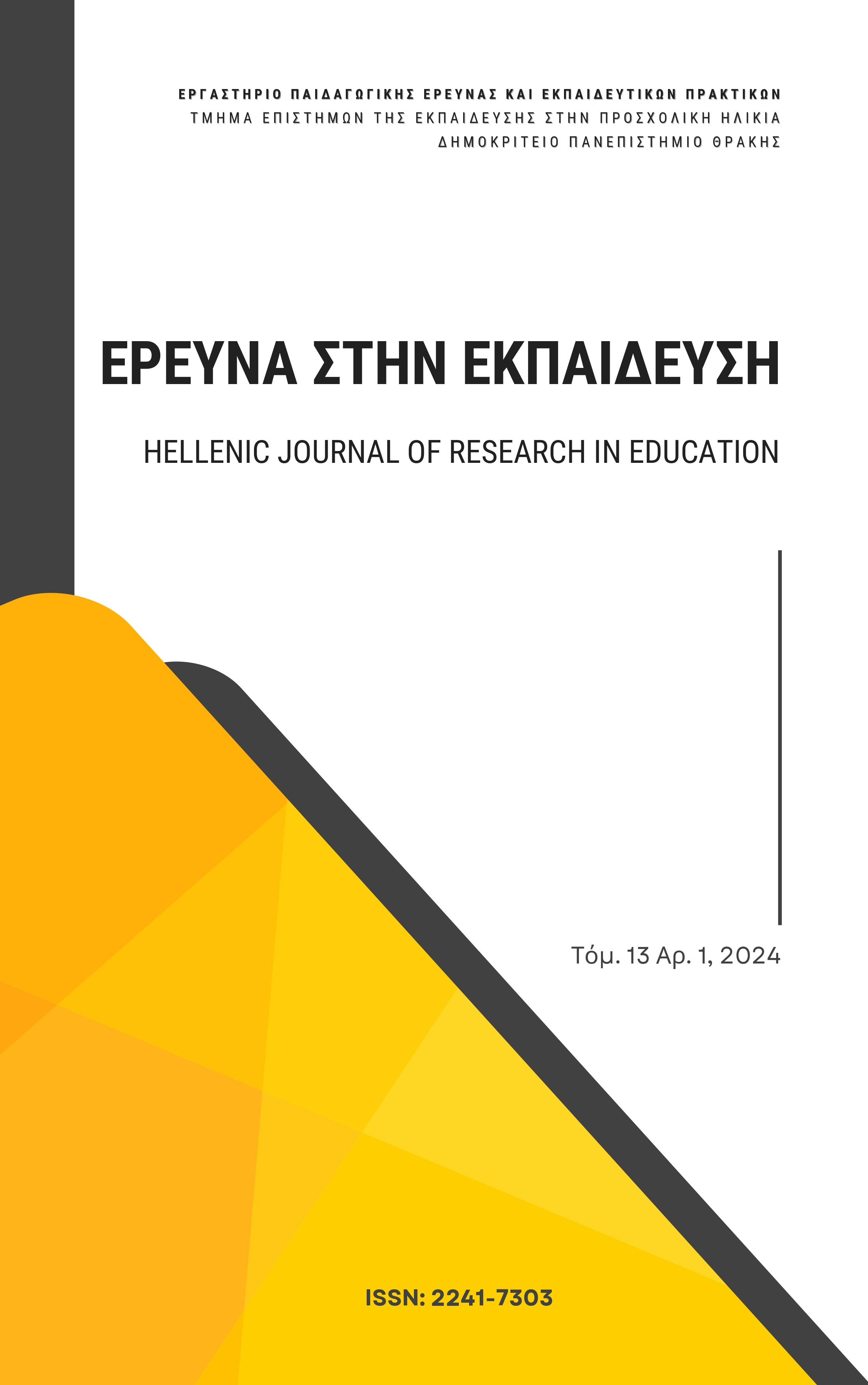The psychosocial strengths of courage and optimism: Their contribution to strengthening self-efficacy and shaping the decision-making process in adolescents

Abstract
The purpose of the study was to examine the psychosocial resources of courage and optimism and their impact on generalized self-efficacy and career decision-making. Furthermore, the research investigated the effect of gender and class of study on the aforementioned variables. The sample consisted of 232 secondary school students (112 boys and 120 girls), who completed the following questionnaires: (a) Courage Scale (Νorton & Weiss, 2009) (b) Meaning of Life Questionnaire (Steger et al., 2006) (c) The Decision-Making Characteristics Questionnaire (Gati et al., 2010) and (d) The Generalized Self-Efficacy Scale (Jerusalem & Schwarzer, 1992). Initially, results of the study, revealed the effect of gender and study class on courage, on self-efficacy as well as on some subscales of the of Decision-Making Characteristics Questionnaire. Furthermore, the positive correlation of courage with the generalized self-efficacy and with the subscales "Speed of making the final decision" and "Pursuit of the ideal profession" which can be positively predicted was found. In addition to this, a negative correlation of courage with the subscales "Desire to please them" and 'Seeking advice from others', which can predict negatively, were highlighted. Optimism was found to have a positive correlation with the subscale "Information Gathering and Processing" and generalized self-efficacy which it can positively predict. Findings of the study are discussed in order to utilize them in the planning of Professional Counseling interventions that will contribute to the development, cultivation and utilization of the aforementioned psychosocial resources and processes that, in turn, will facilitate the professional development of adolescents.
Article Details
- How to Cite
-
Charokopaki, A., Kamtsios, S., & Rouvali, V. (2024). The psychosocial strengths of courage and optimism: Their contribution to strengthening self-efficacy and shaping the decision-making process in adolescents. Hellenic Journal of Research in Education, 13(1), 1–28. https://doi.org/10.12681/hjre.35445
- Issue
- Vol. 13 No. 1 (2024)
- Section
- Articles

This work is licensed under a Creative Commons Attribution-NonCommercial-ShareAlike 4.0 International License.
Authors who publish with this journal agree to the following terms:
- Authors retain copyright and grant the journal right of first publication with the work simultaneously licensed under a CC-BY-NC-SA that allows others to share the work with an acknowledgement of the work's authorship and initial publication in this journal.
- Authors are able to enter into separate, additional contractual arrangements for the non-exclusive distribution of the journal's published version of the work (e.g. post it to an institutional repository or publish it in a book), with an acknowledgement of its initial publication in this journal.
- Authors are permitted and encouraged to post their work online (preferably in institutional repositories or on their website) prior to and during the submission process, as it can lead to productive exchanges, as well as earlier and greater citation of published work (See The Effect of Open Access).


